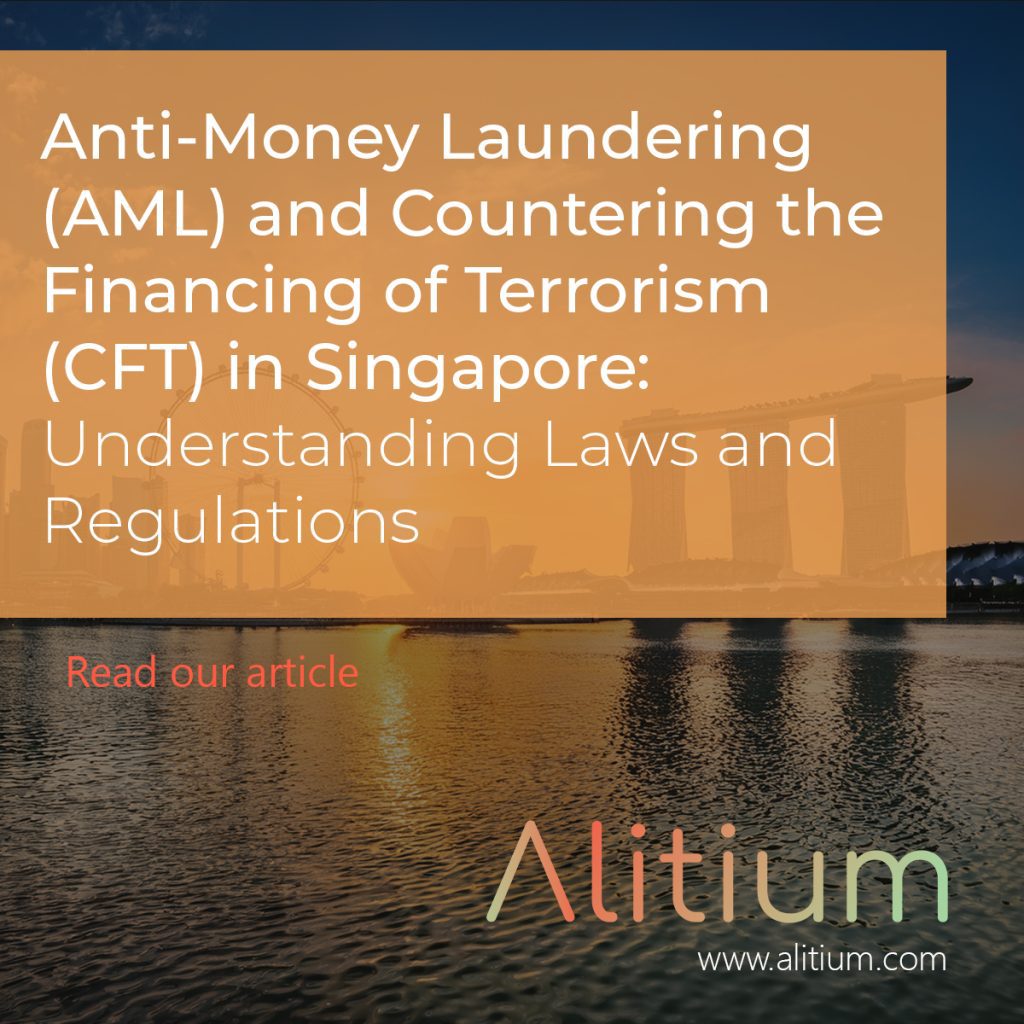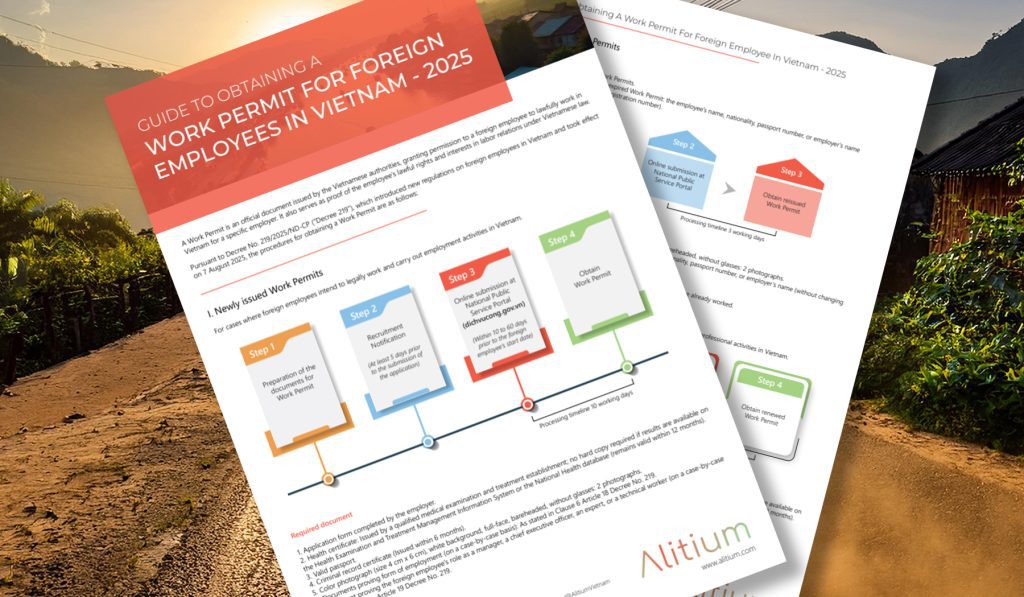0% VAT on Exported Services for Vietnamese Taxpayers – Understanding the Complications
There is a fundamental principal within Vietnam’s Value Added Tax (VAT) regime that exported goods and services are generally subject to 0% VAT. However, what is not as well understood are the requirements to access the 0% VAT rate for exported services.
Basic Principals and VAT Regulations
“0% VAT is applied to exported goods and services”, as stated in Clause 1, Article 9 of Circular 219/2013/TT-BTC dated 31 December 2013 issued by the Ministry of Finance covering the implementation of the Law on Value Added Tax (Circular 2019).
Clause 1 continues: “Exported goods and services are those that are sold to overseas organizations and individuals, and are consumed outside Vietnam, sold to the entities in free trade zones, or sold to foreign customers as prescribed by law.”
The key element above is the term “consumed”, as for the services to be eligible for 0% VAT as exported services, it is critical that the services can be demonstrated that they are consumed outside of Vietnam and, therefore by definition, the services are not consumed within Vietnam.
Practical Interpretations & Tax Office Rulings
Within the above Clause 1, there is an additional requirement which states “The service provider that is a taxpayer in Vietnam must provide documents proving that the services are provided outside Vietnam.”
This creates a problematic scenario for many Vietnamese taxpayers, and places the onus of proof (to the satisfaction of the tax authorities), regarding the consumption question. Unless the Vietnamese entity (the “taxpayer”) can provide sufficient documentation supporting the question of “consumption”, then standard VAT will apply on all the services even if exported.
Thus, entities providing exported services need to ensure documentation is maintained and is to be provided to tax authorities to support any 0% VAT applied to those exported services.
To make it clear, exporting services itself is not the sole test for 0% VAT. The services must be exported, with supporting documentation demonstrating that the services are fully consumed outside of Vietnam.
Services exporting entities here generally have two choices to make:
- Apply 0% VAT on exported services, and deal with the evidence (and potential penalties) when subject to Tax Office inspection at a later time, or
- Seek an Official Letter from the Tax Office whereby the application of 0% is confirmed by the authorities in advance.
Both of these approaches create problems in practice. As a policy approach, we can observe that the tax authorities seek to limit the application of 0% VAT on exported services, and therefore set a high bar for those seeking to apply the 0% VAT.
Should an entity apply 0%, later inspections can result in difficulty locating and demonstrating historical compliance documentation from previous years with the consumption requirements, with significant penalties, interest and underpaid VAT arising.
Where taxpayers seek an Official Letter from the Tax Office to confirm application of the law, unless they have thoroughly prepared their application with compelling supporting documentation (whereby the onus remains on the taxpayer to convince the tax authorities), then they may receive a negative ruling that they are compelled to follow or proceed with a time-consuming objection process.
Understanding “Consumption” and Working Around the Issues
The tax authorities (and the guidance in Circular 219) look through the services being provided, so that even if the recipient is located outside of Vietnam, the recipients use of the services received must demonstrate that they are not potentially using (consuming) the services in Vietnam.
For instance, if a foreign insurance broker has a back office in Vietnam where Vietnamese teams exclusively handle data processing for the broker, transmitting all work back to the foreign entity, the tax authorities believe that a 0% tax rate cannot be applied unless the broker can prove that none of the insured parties are consuming the benefits in Vietnam.
Further guidance in Circular 219 does state that where evidence is maintained that can support the allocation between exported services fully consumed outside Vietnam and those exported services that are ultimately consumed in Vietnam (or potentially consumed in Vietnam), then only the portion that is fully consumed outside should be pro-rated for 0% VAT and standard VAT applied to the balance.
A historic approach has been to obtain a signed declaration from the foreign party that all of the services are fully consumed outside Vietnam. This has often been deemed appropriate for many arms-length transactions, however the tax authorities tend to look deeper at the transactions where the Vietnamese service exporter is related to (ie, a subsidiary) of the foreign receiving party regarding the ultimate use/consumption of the services. It is not uncommon to logically conclude that all services were consumed outside of Vietnam, but without documentary evidence to support the logical assumption, and therefore 0% VAT is later denied.
Planning and documenting is key here. Declarations of consumption should be obtained, and where related parties are involved, more detailed internal documentation and processes showing (evidence based) that consumption is fully limited to outside Vietnam need to be obtained. Where applications for an Official Letter to confirm the 0% VAT eligibility, care must be taken to fully support the requirements under the law, knowing that the tax authorities are sceptical to eligibility (ie, there is a high bar here).
The other Trap – VAT refunds for exported services.
Although not part of this article, but as a related issue that arises for exported services at 0% VAT, is the refund of input VAT for exporters of services, particularly where there are related parties involved. Where the refund thresholds are reached (which includes a minimum of 300 million VND of refundable input VAT) a Vietnamese taxpayer can seek to have their input VAT refunded. However, this is not only difficult and time consuming, it can also require additional and different documentation to that used to prove exported consumption in the first instance.
For example, the refund requirements will normally require evidence and allocation of each of the specific inputs to the outputs that were exported (which can include detailed timesheets for staff, and formal signed acceptance by the foreign entity of the elements/steps undertaken for Vietnamese staff for the exports, for example), often to a level that was never anticipated or maintained by the exporter with regards to their processes and documents.
Again, planning and careful documentation needs to be undertaken and maintained in advance, to ensure that this trap doesn’t occur.
Matthew Lourey is Chairman & Advisor at Alitium, with 20 years experience in Vietnam assisting foreign investors navigate and maintain compliance in market. Contact Matthew via Alitium.com for further assistance and advice.








